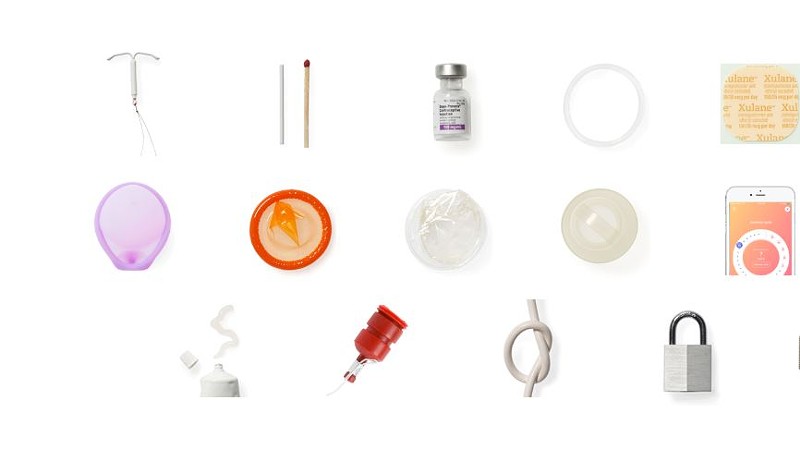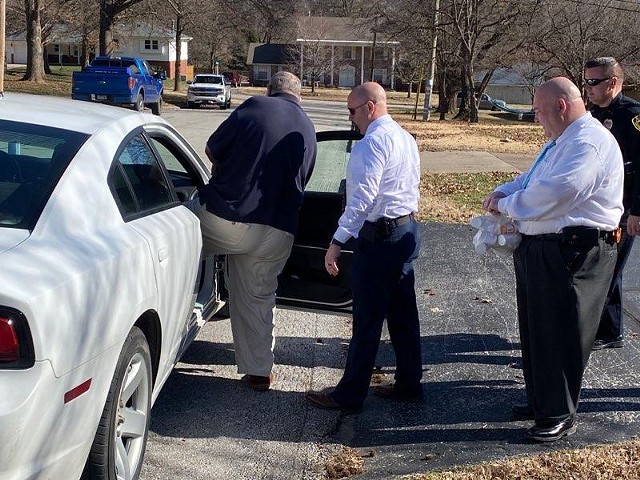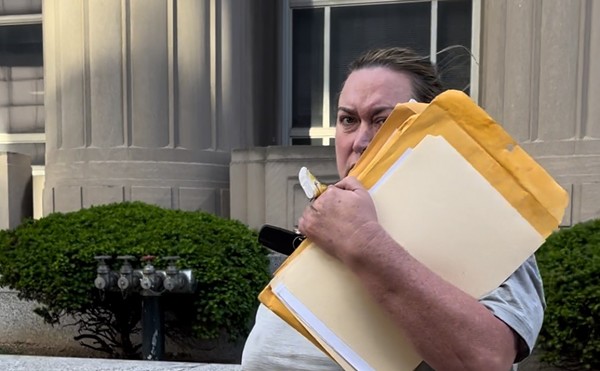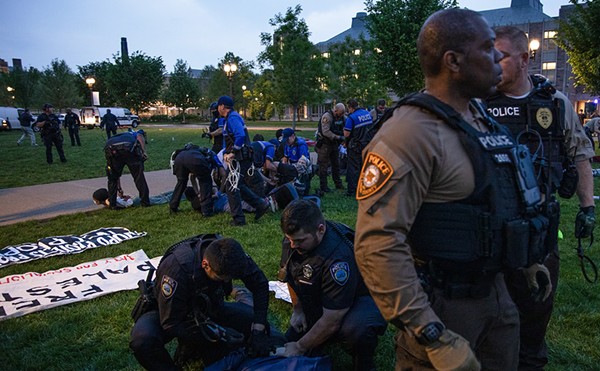Free Birth Control Program in Missouri Reaches 9,000 Patients
[
{
"name": "GPT - Leaderboard - Inline - Content",
"component": "41932919",
"insertPoint": "5th",
"startingPoint": "3",
"requiredCountToDisplay": "3",
"maxInsertions": 100
}
]
Ten months into a six-year, $20 million effort to expand contraceptive access in Missouri, some 9,000 patients have obtained some form of birth control, totally free — and not a dime of it is government money.
The initiative, called The Right Time, works to provide free or low-cost birth control through seven providers across the state, a number that organizers say will expand to 21 by later next year. While The Right Time touts a "full range" of birth control methods, it does not cover tubal ligation, vasectomies or emergency contraception like the Plan B "morning after" pill.
But aside from those exceptions, The Right Time is aiming to give individuals a chance to make reproductive decisions that don't begin and end with the price. Kathleen Holmes, the vice president of strategic initiatives for the Missouri Foundation for Health, which is funding the initiative, says the The Right Time is about "leveling the playing field" when it comes to access barriers.
"This is not an initiative to tell women what they should be using, but rather to help them make the most informed decision based on their particular intention," says Holmes, who explains that that the initiative's funding covers more than just the price tag; the initiative will pay for training and outreach for clinic staff, as well as ensuring that clinics can maintain stocks of the expensive but highly effective longterm birth control methods like IUDs and implants.
The seven health centers currently enrolled in the initiative represent a total of fourteen clinics across the state. The next class of participating clinics is scheduled to be announced in March.
Right now, half of the participating clinics are located in the St. Louis region, including Planned Parenthood's Central West End and South Grand locations and the Betty Jean Kerr People’s Health Center in Florissant. Outside the metro area, the initiative's reach extends to multiple clinics in Jefferson County, Columbia, Springfield and Joplin.
So, why set up a privately funded, multi-year campaign to expand birth control access in Missouri? At issue is the rate of unintended pregnancies, which hovers around 50 percent of all pregnancies in the state. (In 2010, the Guttmacher Institute found 51 percent of that year's pregnancies in Missouri were unintended. In the most recently available state survey, from 2016, 51 percent of respondents answered "No" to the question "When you got pregnant with your new baby, were you trying to get pregnant?")
By 2024, The Right Time aims to cut ten percent from the current rate of unintended pregnancies, which currently costs the state millions in healthcare and increases the risk of premature birth and low birth weight, conditions which "put babies at risk of dying the first year," warns Holmes.
Recent studies and programs also lend strong evidence that expanding contraception access can help reduce abortions. The privately funded Colorado Family Planning Initiative reported that its efforts "drove a 50 percent reduction in teen births and abortions" between 2009 and 2015. In St. Louis, one of the largest studies of contraceptive use was conducted by Washington University: In 2007, researchers gave thousands of local women free birth control, and over the next two years St. Louis' abortion rate declined by more than 20 percent.
Of course, this isn't just a matter for deep-pocketed philanthropies. The federal government's Title X program is specifically tasked with providing family planning services to low-income and uninsured individuals. That mission was recently adjusted by the Trump administration: In August the U.S. Department of Health and Human Services implemented a "domestic gag rule" that bans Title X funds from going to abortion clinics, including health centers that refer patients for abortion procedures.
This had a drastic effect on Planned Parenthood clinics all over the country, including Missouri. A report by the Democratic staff of the U.S. Senate’s Health, Education, Labor and Pensions committee, found that Missouri's Planned Parenthood clinics served 40 percent of the 56,540 individuals who received Title X-funded healthcare in 2015.
With the gag rule in play, Planned Parenthood left the Title X program in September — which had the effect of decreasing healthcare access nationwide and in some cases leading clinics to shut down entirely. Other states have pledged to replace the lost public funding for contraceptive care. Missouri is not one of those states.
That leaves private interests, like The Right Time in Missouri, to pick up the slack. Notably, the initiative is being administered by the Missouri Family Health Council, the same nonprofit that also oversees the annual distribution of $5 million in Title X grants to Missouri health centers.
However, the The Right Time initiative "has been in the works for several years" and isn't a reaction to the Trump gag rule, explains Michelle Trupiano, the health council's executive director.
"Even with Title X funding," she adds, "there still is not enough funding to really meet the need of all communities."
Still, Trupiano points out that the lack of contraceptive access predates Trump. It's not a political issue, but a practical one for Missouri residents who are either uninsured or limited by employer-provided insurance that doesn't cover enough of the price. And while conservative policymakers often blast birth control because of a religious opposition to casual or "risky" sex, she says that most people see contraception for what it is: The best way for individuals to choose the right time to have a family.
"In my experience, contraceptive access isn't as controversial as people would think," Trupiano says. "Yes, it can be politically fraught at times, but when we get down to real people living real lives, this has been well received. We're hopeful that it's making a difference."
For more information about The Right Time, including a searchable map of participating clinics check out its website here.
Follow Danny Wicentowski on Twitter at @D_Towski. E-mail the author at [email protected]






